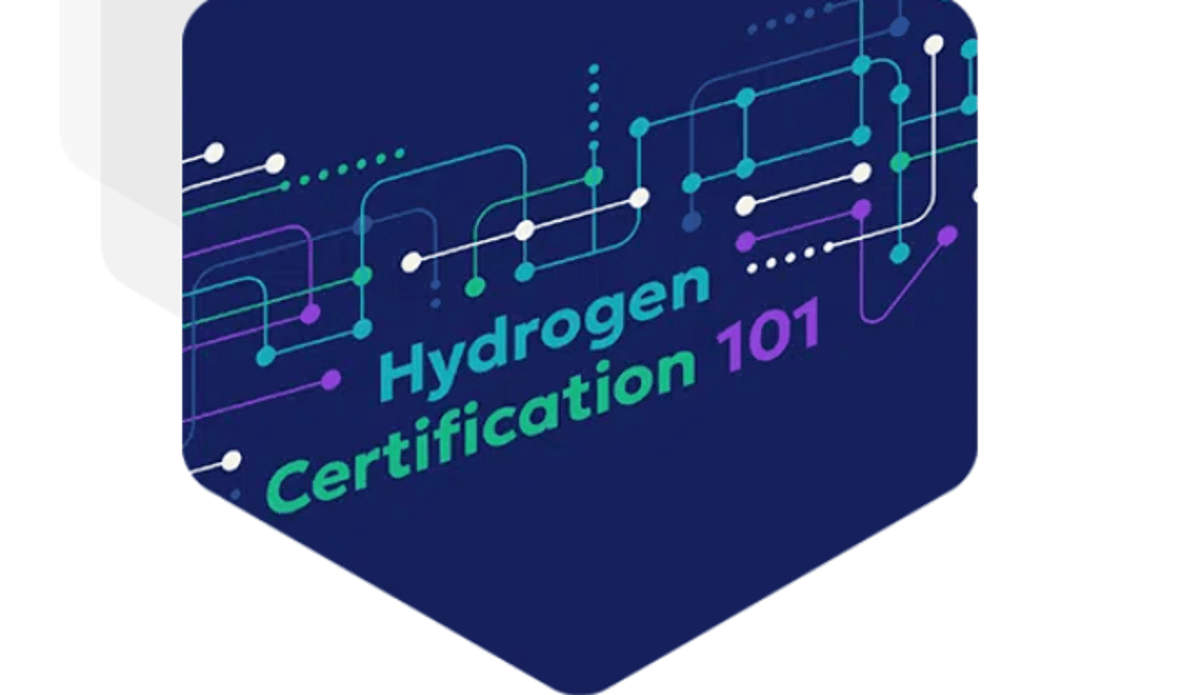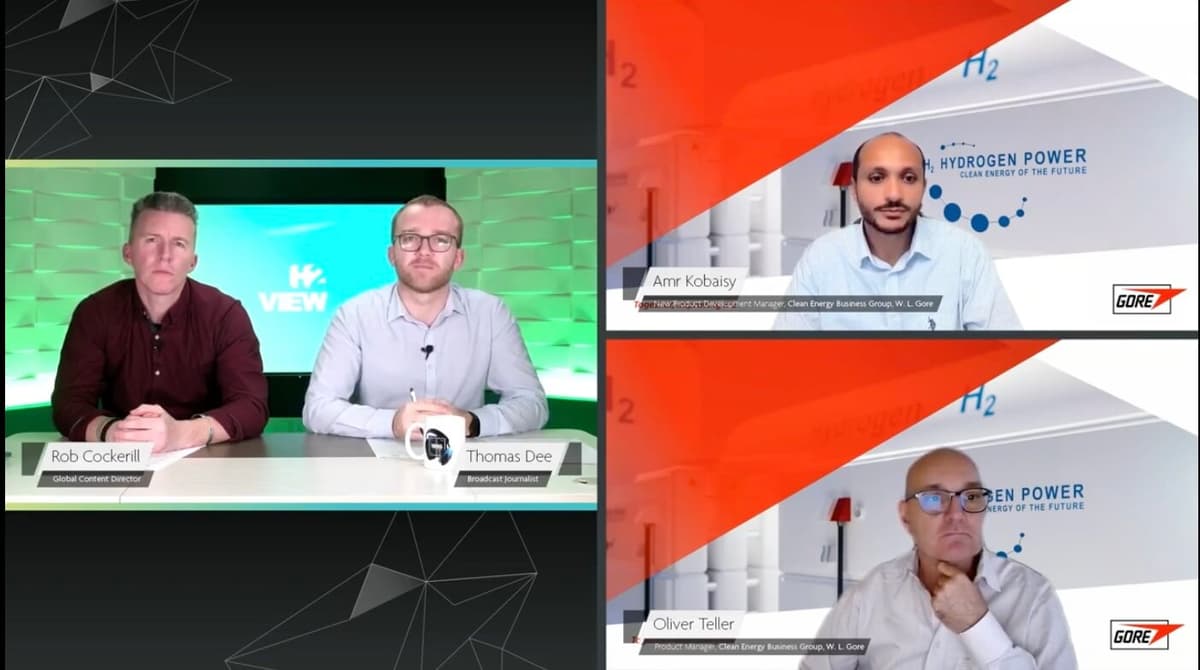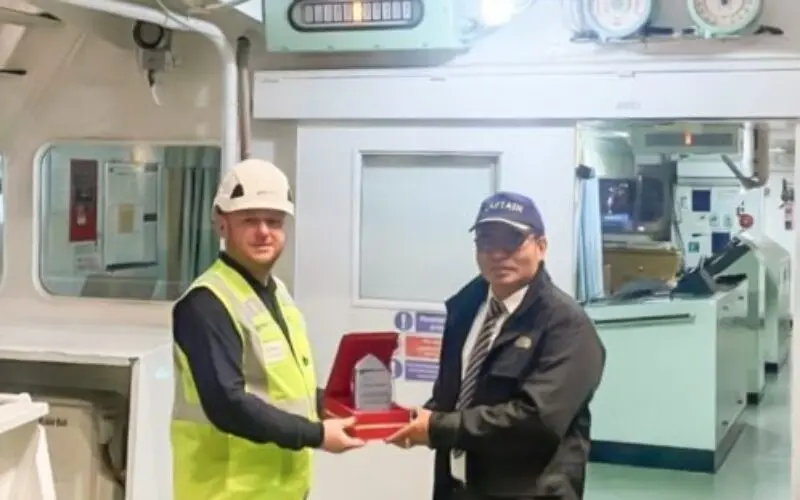
Hydrogen Certification 101 paper enhances clarity, functionality and mutual recognition
Hydrogen certification took a major step forward today with the publication of a paper covering terminology clarity, scheme purposes and functionalities, design guidance and concept of mutual recognition for hydrogen and derivatives.







